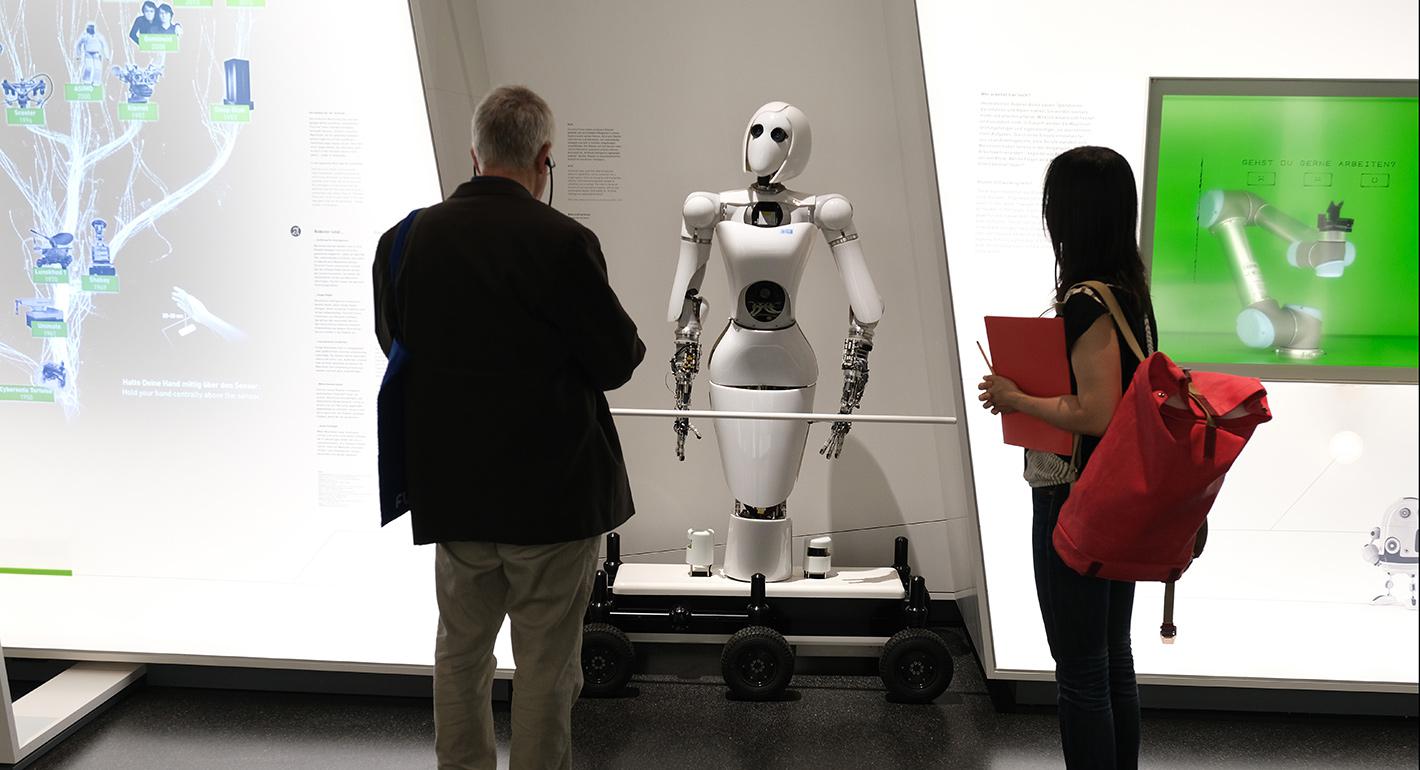Artificial intelligence is reshaping industries at a pace that rivals the early days of the internet. Governments are crafting regulations, corporations are racing to deploy large-scale AI systems, and global headlines continue to promise revolutions in productivity and innovation. Yet, amid this noise, one essential group is often left behind—or worse, misled: Europe’s small and medium-sized enterprises (SMEs).
For Europe, where SMEs represent 99% of all businesses and over two-thirds of total employment, AI is not merely a technological trend; it is an economic imperative. But to unlock real value, the conversation must shift from hype and abstraction to practical, grounded solutions tailored to the everyday challenges SMEs face.
This article examines why Europe needs a realistic, ethically aligned, and SME-centric approach to AI adoption—and why hype could do more harm than good.
1. Hype Creates Paralysis, Not Progress
AI hype tends to manifest in two extreme forms:
utopian promises of effortless automation and dystopian warnings of job displacement or mass surveillance. Both narratives create anxiety and confusion among SME leaders who already face significant resource constraints.
The result:
SMEs either over-invest in the wrong technologies—or avoid AI altogether.
Without clarity on return on investment, compliance obligations, or actual operational benefits, many SMEs remain cautious. The fear of making expensive mistakes discourages adoption, widening the digital divide between large corporations and smaller businesses.
A grounded approach begins by acknowledging a simple truth: most SMEs don’t need a “revolution”—they need reliable, affordable tools that solve specific problems.
2. SMEs Don’t Have Enterprise-Level Budgets—or Margins for Error
AI transformation stories usually revolve around multinational tech giants deploying multimillion-euro systems. But an SME with 20 employees cannot replicate that environment.
European SMEs face:
- Limited IT infrastructure
- Smaller teams with lower digital maturity
- Tighter margins
- Limited internal expertise
- Stricter cost-benefit requirements
Promising them the same outcomes as enterprise AI deployments sets unrealistic expectations. Instead, SMEs need modular, low-cost, transparent, and well-supported AI tools that integrate seamlessly with existing workflows.
Grounded AI means:
- Clear pricing
- Simple deployment
- Minimal training requirements
- Compliance-by-design
- Tools that solve today’s problems, not hypothetical future ones
3. AI Must Be Built Around European Values—Not Silicon Valley Assumptions
Europe has unique regulatory, cultural, and economic landscapes. Mass-market AI solutions—often built in the U.S. or China—are not automatically suited for Europe’s tightly regulated environment, especially under the EU AI Act, GDPR, and sector-specific legislation.
For SMEs, compliance risks are real:
A single misstep in data governance or algorithmic transparency could lead to penalties, reputational damage, or the loss of consumer trust.
Grounded AI for SMEs requires:
- Strong privacy protections
- Transparency about how models work
- Easy-to-understand auditability
- Local data sovereignty options
- Ethical alignment with Europe’s socio-economic priorities
This is where Europe can lead globally—by championing trustworthy AI rather than hype-driven AI.
4. Practical Use Cases, Not Abstract Promises, Will Drive Adoption
SMEs don’t need futuristic generative avatars, speculative AGI predictions, or glossy marketing metaphors. They need specific solutions to improve cash flow, reduce administrative burdens, optimize logistics, and boost customer retention.
Practical AI use cases that matter to SMEs include:
- Automated invoicing & bookkeeping
- Customer service chatbots tailored to local languages
- Predictive demand forecasting
- Employee scheduling & compliance management
- Fraud detection for small retailers
- AI-assisted recruitment and HR
- Inventory optimization
- Energy & resource efficiency tools
Grounded AI focuses on solving real business pains—not chasing headlines.
5. Underneath the Hype, Human Skills Still Matter
Contrary to the narrative that AI will replace human labor, SMEs—especially in Europe’s human-centric economies—depend heavily on relationships, craftsmanship, and personalized services.
AI should augment, not replace, human workers.
Grounded AI:
- Reduces repetitive administrative tasks
- Enhances decision-making with real-time insights
- Improves efficiency so teams can focus on creativity and customer relationships
Hyped AI often frames technologies as a substitute for humans. Grounded AI recognizes people as central to innovation.
6. A Trust-Centric Approach Will Strengthen Europe’s Competitiveness
Europe’s strength has always been quality, craftsmanship, and trust, not mass scale. SMEs are the backbone of Europe’s identity and economic stability.
AI, if applied responsibly, can amplify these strengths rather than erode them.
A grounded AI ecosystem will:
- Empower SMEs to innovate
- Level the playing field with large corporations
- Improve Europe’s global competitiveness
- Support regional economies and local supply chains
- Ensure digital transformation without sacrificing ethics
The goal is not mass automation—it is smart, sustainable digital empowerment.
7. The Future of AI in Europe Will Be Built from the Bottom Up
The next wave of AI innovation will not be defined by flashy demos or billion-parameter models. It will be shaped by practical, compliant, cost-effective solutions embedded in Europe’s daily business operations.
The real breakthrough will come when:
- AI tools become as accessible as office software
- SMEs can deploy AI without specialized teams
- Trustworthy frameworks reduce compliance risks
- Local innovation ecosystems support regional needs
- Governments and financial institutions enable SME adoption
Grounded AI is not less ambitious—it is more sustainable and more aligned with Europe’s economic reality.
Conclusion: Hype Must Give Way to Pragmatism
For AI to truly serve Europe’s SMEs, the conversation must shift. Hype may attract attention, but it doesn’t build capability. Europe’s SMEs need solutions rooted in reliability, transparency, affordability, and trust.
AI is a transformative tool—but only when the technology meets businesses where they are, not where trends predict they should be.
If Europe gets this right, AI won’t disrupt SMEs…
It will empower them to lead the continent’s next economic chapter.






























